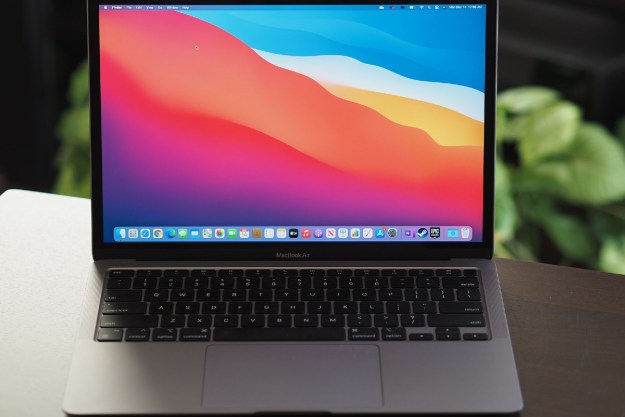
Users who performed a fresh install of OS X are finding that FaceTime and iMessage no longer work after the update, according to a report from Mac Rumors. Affected systems are unable to even log in to the services as normal using their Apple ID.
Upon inputting login credentials into the FaceTime and iMessage OS X apps, users are either presented with an error message or are simply left in the dark — they are not successfully logged in and are given no direction as to what went wrong. As you might imagine, this is causing some frustration among Mac users.
Exacerbating the issue is the fact that the exact cause of the bug is difficult to determine. It seems most likely to strike on a fresh install of OS X or on a newly purchased system, but the problem isn’t limited to those instances. Furthermore, while most complaints are coming from users running 10.11.4, there are reports of the same troubles affecting other versions of the OS.
Advice from Apple support seems to center around logging out of iCloud and disabling the two-factor authentication process, but there are many users reporting that these measures don’t remedy the problem. One theory is that the outages are arising as a result of a server issue.
At the moment, it seems that the best thing that Mac users can do is wait for more information from Apple. A post on the company’s discussion forums states that the engineering team is aware of the bug, and is currently working on a fix.
Editors' Recommendations
- Apple’s FaceTime may soon give you gesture control superpowers
- Microsoft CEO would ‘welcome’ iMessage on Windows
- How to turn off iMessage on a Mac
- Windows 10X vs. iPadOS: Does Microsoft finally beat Apple?


